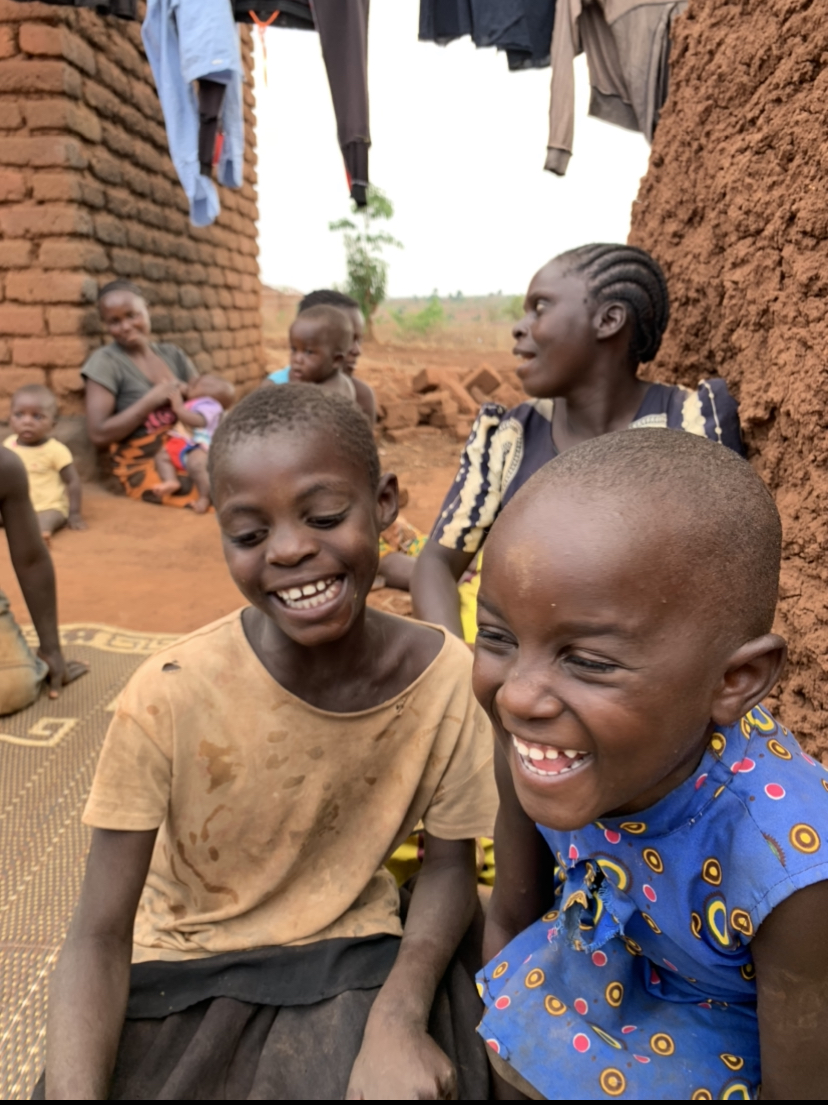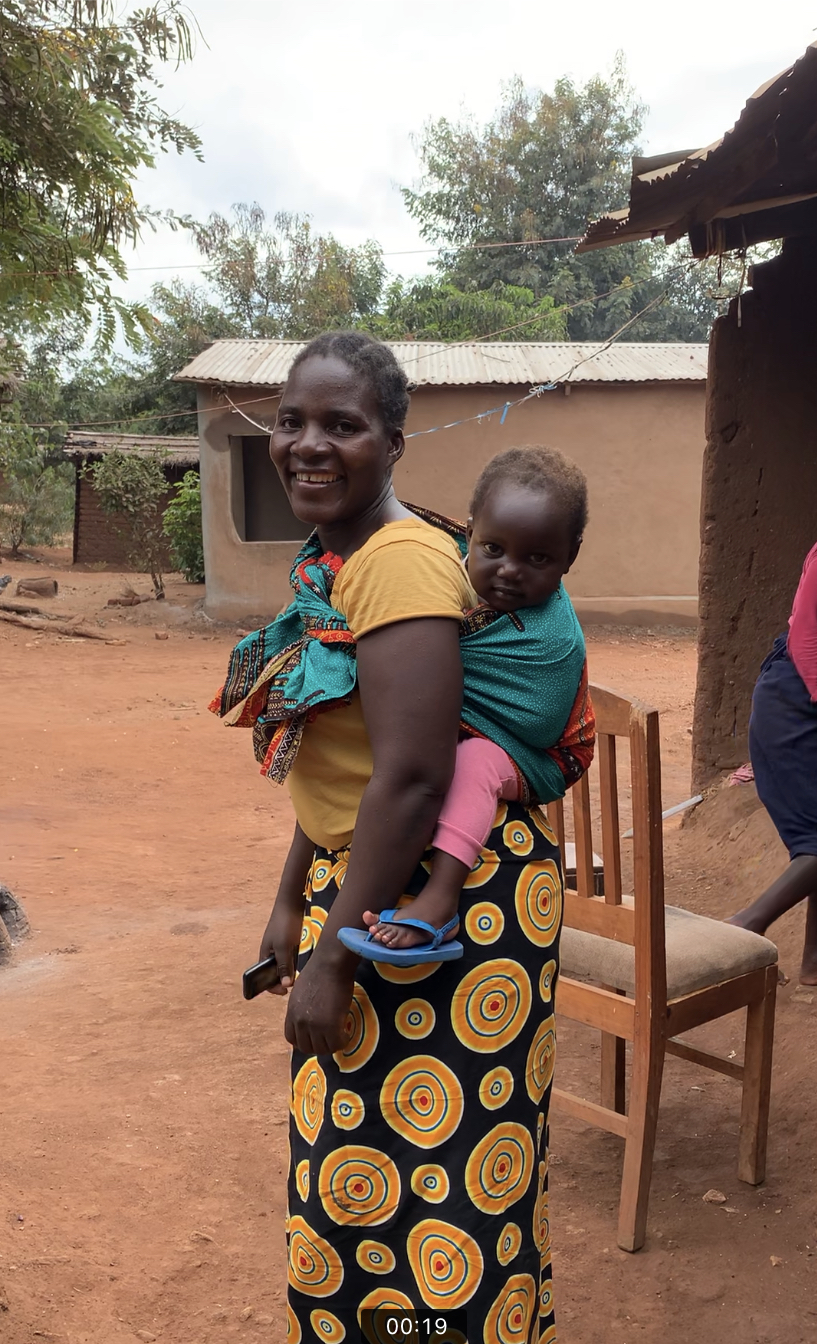A Letter from Cheryl Barnes, serving in Malawi
Summer 2021
Write to Cheryl Barnes
Individuals: Give online to E200537 for Cheryl Barnes’ sending and support
Congregations: Give to D507597 for Cheryl Barnes’ sending and support
Churches are asked to send donations through your congregation’s normal receiving site (this is usually your presbytery)
Subscribe to my co-worker letters
Many people are very passionate about advocating for those who are marginalized but lack the necessary resources to turn that passion into a purpose. Often, this can lead to frustration and feelings of helplessness. In my case, my heartfelt love for education, the creative ideas, and my earnest determination are not quite sufficient to move the needle for a child who only needs a chance to succeed.
I have recently added a new word to my vocabulary, “Habituation.” This refers to the diminishing of an innate response to a frequently repeated stimulus. I like this new word because it compels me to resist what it infers. I remember how, during my first few months in Malawi, I was emotionally stirred by the children who were enjoying their childhood while living in conditions that many consider inadequate. I did not hear the girls complaining as they carried water on their heads in buckets; I watched as young boys continued to smile while running behind old tires using sticks to move them in play. They may not have much, but they cherish, love, and take pride in what they have. From the babies on the backs of young mothers to the elderly women sitting on the ground in the marketplace selling their potatoes and beans, the Malawian relentless spirit of joy is everywhere in a place that most of the world labels “the poorest in the world.”
As the months passed, I realize more and more my own struggle between appreciating the immense beauty of this country combined with feelings of bleak hopelessness. I have learned to appreciate the struggle, lest I fall into the place of habituation where I am not moved by the wonder of Malawi or by the lack of much-needed resources for the most vulnerable. It is essential to resist habituation so as not to become numb. Even as uncomfortable as it may sometimes be, I must walk alongside those on the margins of Malawian society, not with pity, but with loving support. I must advocate for those who lack social power: women, children (especially the girl child), the poor and those with mental and physical disabilities. In her now-famous poem from the 2020 inauguration of President Joe Biden, Poet Amanda Gorman writes, “When day comes, we ask ourselves, where can we find light in this never-ending shade?” It is imperative that I continue to look for the light.
This focus on looking for the light gives new life to the Matthew 25 initiative, which is often interpreted from a Western viewpoint. Matthew 25 reminds us that God is the God of the marginalized, the vulnerable, and the poor. However, we must resist the compelling urge to label our African siblings with diminished terms. Rather, we should seek to exchange light as we labor together. We take on their troubles and burdens as though they were our own, while we also confront the injustices in our country. And they take on ours as they invite us to walk with them. We are called to partner together in order to share in liberation, just as God sent Yeshua, as the light, for the purpose of the liberation of us all.My passion for the work that is before me is renewed because I choose to resist habituation. I continue to blink back tears when seeing barefoot children walking to school. My heart continues to ache when I see a young 16-year-old single mother nursing a child instead of learning in a classroom, and my peace is still disrupted as I think of the children whose physical or mental disabilities prevent their opportunities for an education.
I do not want habituation to threaten my innate response to all of this. The COVID pandemic has hindered much of my work, but it has not diminished my passion for building relationships. I partner and plan with the Education Directors of the five Synods under the Church of Central Africa Presbyterian (CCAP) Education Department. They are the ones who do the day-to-day work of implementing the projects that offer possibilities of a brighter future for the girls who have been impacted by the COVID pandemic with unexpected pregnancies.
Together, we continue to look up, to imagine, to plan, to hope. I continue to learn the cultural customs and the Chichewa language while engaging in the never-ending struggle of resisting habituation.
In the last line of her inauguration poem, Poet Amanda Gorman concludes with these words,
“The new dawn blooms as we free it,
for there is always light,
if only we’re brave enough to see it,
if only we’re brave enough to be it.”
Thank you, Amanda, for the reminder that wherever we are, we seek to ‘see’ and ‘be’ the light.
As always, I am grateful for your continued support through prayers and financial gifts.
Zikomo. (Thank you)
![]() You may freely reuse and distribute this article in its entirety for non-commercial purposes in any medium. Please include author attribution, photography credits, and a link to the original article. This work is licensed under a Creative Commons Attribution-NonCommercial-NoDeratives 4.0 International License.
You may freely reuse and distribute this article in its entirety for non-commercial purposes in any medium. Please include author attribution, photography credits, and a link to the original article. This work is licensed under a Creative Commons Attribution-NonCommercial-NoDeratives 4.0 International License.

